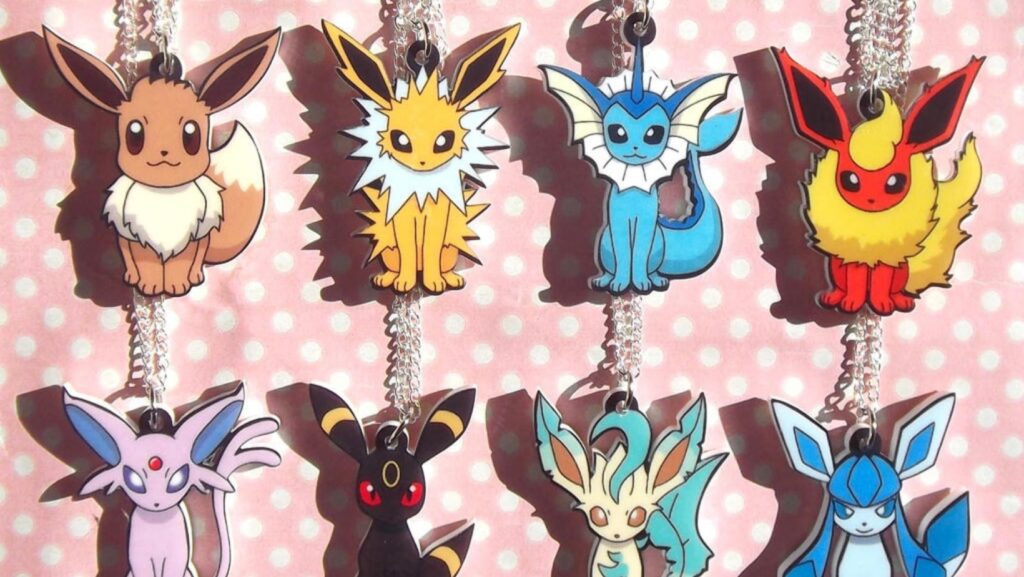-
Introduction
Tooth extraction is the last resort when the dentist finds no other option to save your tooth. It is a process of removing the tooth from the socket of the jawbone. Therefore, you know that it will hurt, and this is going to take some time to recover.
However, we have seen overconfident people going for this process casually and taking things lightly. The aftermath of tooth extraction is a vital stage. After you have removed the severely damaged, decayed, or impacted tooth from your jawbone, you need complete control over pain, swelling, and more.
This highlights the importance of what you can do and what you should not do after the tooth extraction.
-
Do’s
You already know that tooth extraction is necessary. You will know it better if you follow the types of orthodontic treatment for dental issues. Well, overcrowding, severe decay, and infections are the major reasons behind tooth extraction, while dentists do not find any other way to save your tooth.
However, dental issues are not something which you want to keep for long. This can lead to severe pain, infection, and ultimately cancer as well. So, it is better to understand the proper steps to help you recover quickly after tooth extraction.
-
1. Do What Your Dentist Says
Your dentist knows your condition better than you. So, follow their instructions to heal quickly. They know your specific situation best, so their guidance is crucial for a quick recovery.
-
2. Rest and Relax
After your extraction, take it easy for the first few days. For instance, you can take a day off or take everything lightly for the whole week. This will ultimately help you reach your healing goals quite effectively.
-
3. Use Ice Packs
Apply ice packs to the outside of your cheek for the first 24 hours to help reduce swelling and relieve pain. Make sure to wrap the ice in a cloth to avoid direct contact with your skin.
-
4. Stay Hydrated
Drink plenty of fluids, but avoid using straws, as the suction can dislodge the blood clot forming at the extraction site, leading to complications like dry socket.
-
5. Keep your Head Elevated
After tooth extraction, swelling is a common factor, and your dentist will warn you about this for sure. However, it is not necessary to absorb everything without doing anything. You can always prop up your head while sleeping or resting with the support of proper pillows.
Believe it or not, this process will surely give you more comfort during the recovery process with less swelling.
-
6. Maintain Oral Hygiene
Even after the tooth extraction, you should brush your teeth regularly. The hygiene part plays a crucial role in the healing process. We understand that you want to exercise caution in the extraction area. But that does not mean you will not brush.
But yes, you will do it gently, compared to normal time. Also, rinse your mouth regularly with saltwater to keep the place clean. Your oral hygiene will assist you in healing quickly.
-
7. Take Medications as Prescribed
If your dentist prescribes pain medication or antibiotics, take them as directed. This can help control pain and prevent infection.
-
Don’ts
While following the dos as easily as the doctors suggest, some people go reckless after tooth extraction. They sometimes follow the rules and mostly don’t avoid the don’ts. This is not a good sign of recovery.
If you do the right steps and also follow what you should avoid, your recovery might get delayed. Therefore, try to avoid things that you should not do after tooth extraction, no matter what. Here is a comprehensive list for your quick recovery.
-
1. Don’t Smoke
If you smoke, we know how you feel staying away from it. However, your recovery is more important than your mood. This is why you need to stop smoking for at least 24 hours after tooth extraction. This will be better if you stop smoking for a week or more.
-
2. Don’t Drink Alcohol
Besides smoking, you can also stay away from alcohol for at least 24 hours, as it can interfere with medications and slow the healing process.
-
3. Don’t Engage in Strenuous Activities
Avoid heavy lifting, vigorous exercise, or any activities that could increase your heart rate significantly for a few days post-extraction.
-
4. Don’t Ignore Severe Pain or Complications
Do not avoid easily if you experience-
- prolonged bleeding
- severe pain
- Infection
- Fever.
Instead, contact your dentist immediately. These can be signs of complications that may require attention.
-
5. Don’t Use Straws
As mentioned earlier, sucking on straws can dislodge the blood clot necessary for healing. Opt for sipping directly from a cup instead.
-
6. Don’t Skip Follow-up Appointments
Most people think that once the extraction is done, it’s all about self-care. Well, that is not completely true.
You will always get follow-up appointments, and you must attend those. While you are not the only one willing to recover quickly, there will be a crowd, and you must take appointments early to schedule a particular time to visit your dentist.
Not skipping appointments will help you suffer less, take the right ideas, and recover quickly.
-
7. Don’t Eat Hard or Crunchy Foods
This is common, but still many people do not follow it. Try to avoid hard, crunchy, or sticky foods. Why?
Well, it can hurt the extraction site while increasing the risk of complications. So, do not delay in your process of recovery and eat soft.
-
Smooth Recovery Follows Body
Recovering from the daunting process does not have to be critical always. We can understand how painful the extraction can be after it is done. During the procedure, you get anesthesia so you do not feel the pain. But after that, you feel it all.
There is the problem! However, it always has a solution only if you follow a decent process of what things you should do and what you should avoid. Here we have given you the list, which is quite simple to follow, but only if you want.
We are trying to promote quick healing in smoother ways here. However, there is no hard and fast rule to this. Try to always listen to your body and react accordingly. Consult your dentist for better insights.
Sometimes, revisiting dentistry is a tough choice for people, but it should not be. If you are not feeling okay after the tooth extraction and during the recovery process, try to overcome the idea of not visiting again, but visit as soon as possible.



